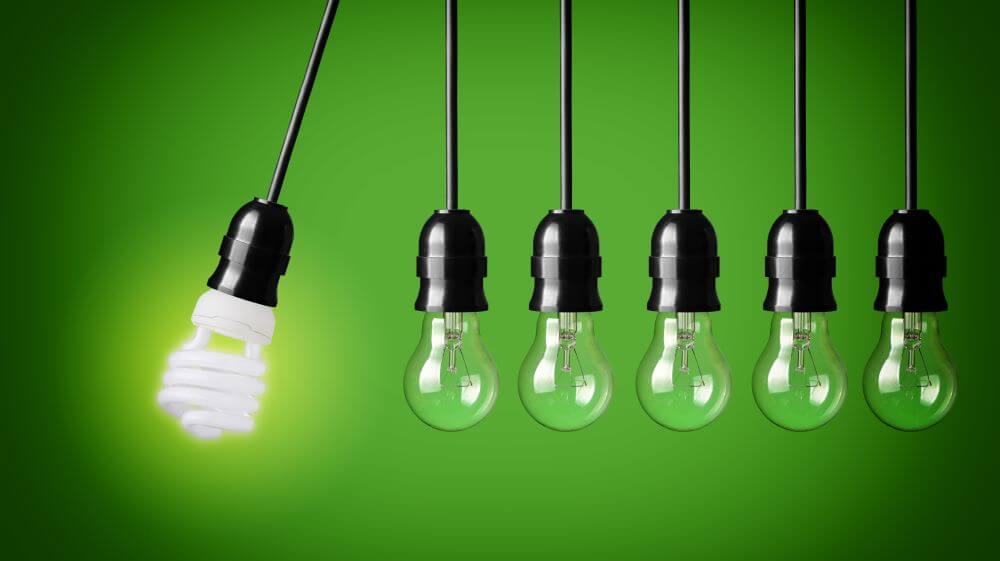
October 20, 2020

The challenges faced by businesses during the COVID-19 pandemic have been trying, frustrating, and difficult. From the initially forced business closures and stay at home orders to finding new sources of working capital, it has been a difficult time. Despite all the hardships, a silver lining has been the various tax saving opportunities implemented to help businesses reduce tax liability. Many of these changes came through the Coronavirus Aid, Relief and Economic Security (CARES) Act including the immediate refund of Corporate AMT credits, loss limitations for pass-through entities, Net Operating Loss (NOL) carrybacks, and expansion of the business interest expense limitation. At the end of last year, President Trump signed legislation that extended the Section 179d deduction for energy-efficient commercial buildings. Prior to the extension, the deduction was only available to projects completed by December 31, 2017. The extension now allows the deduction for projects completed between January 1, 2018, and December 31, 2020. This is welcome news for qualifying business taxpayers, especially in such a challenging year. To help clients, prospects, and others, Wilson Lewis has provided a summary of the key details below.
What is Section 179d?
It is a deduction originally enacted 15 years ago in the Energy Policy Act of 2005 and was designed to incentivize commercial building owners to install energy-efficient building systems. It applies to new building construction, additions, or upgrades to existing systems. The amount of the available deduction is based on the total energy savings. Qualifying property owners and tenants may claim a deduction of up to $1.80 per square foot for the installation of interior lighting, HVAC, building envelope upgrades, and hot water systems that reduce the total energy cost by 50% or more. A deduction of $.60 per square foot is available to building owners and tenants that install qualifying lighting, building envelope, HVAC, or hot water systems resulting in a smaller reduction in total energy costs (additional details outlined in IRS Notice 2012-17).
What are the Certification Requirements?
Before a taxpayer can claim the deduction, they must obtain certification using the steps outlined below.
Who Can Benefit?
The deduction mainly benefits commercial property owners, but there are saving opportunities for tenants and in some cases building designers such as engineers and architects.
Contact Us
The extension of the Section 179d deduction creates immediate tax savings for certain Atlanta businesses. Since it applies to projects completed in the last two years, businesses need to review past projects to determine eligibility. It is important to consult with a qualified tax advisor to assess your situation and determine the best way forward. If you have questions about the information outlined above or need assistance with another tax or accounting issue, Wilson Lewis can help. For additional information call us at 770-476-1004 or click here to contact us. We look forward to speaking with you soon.